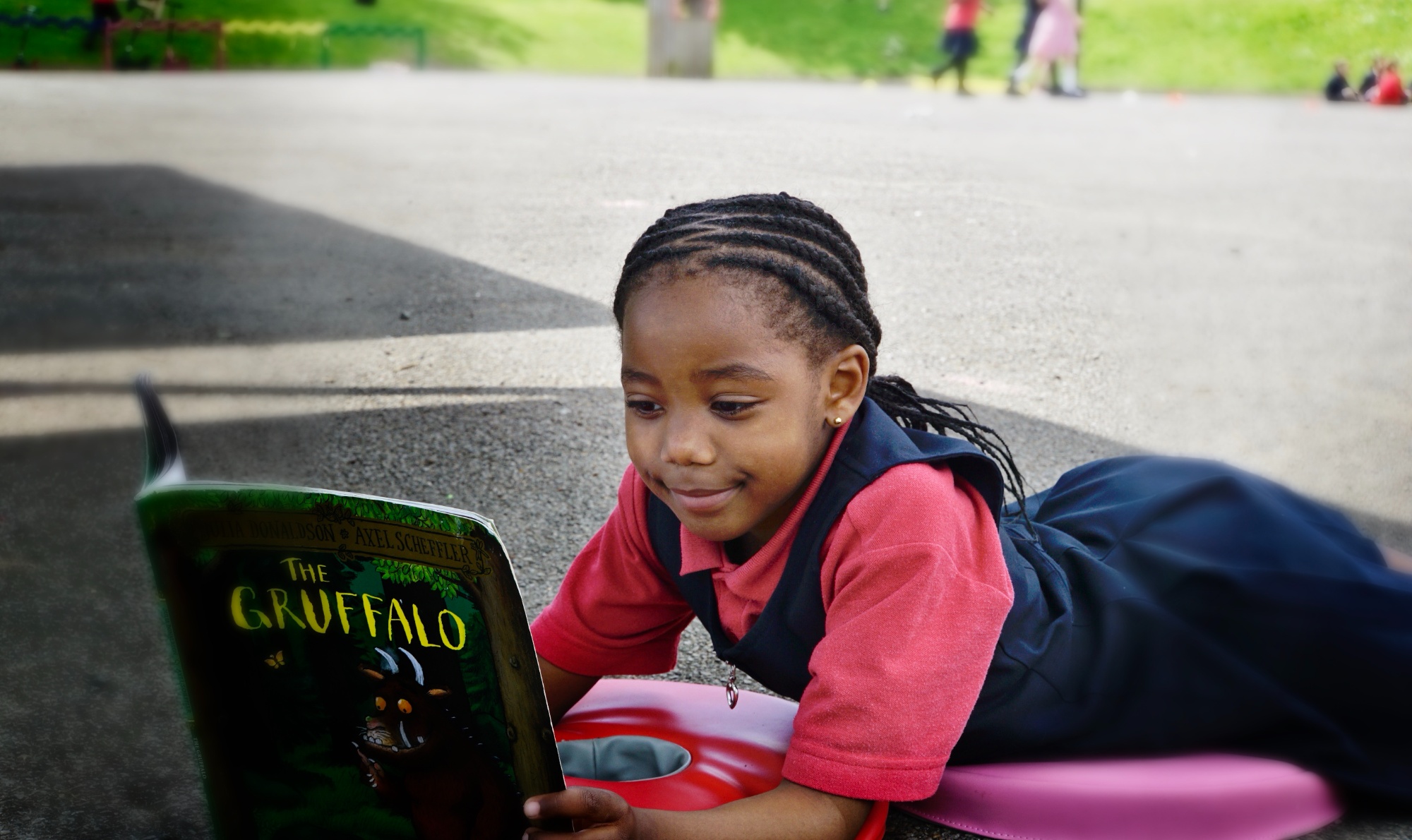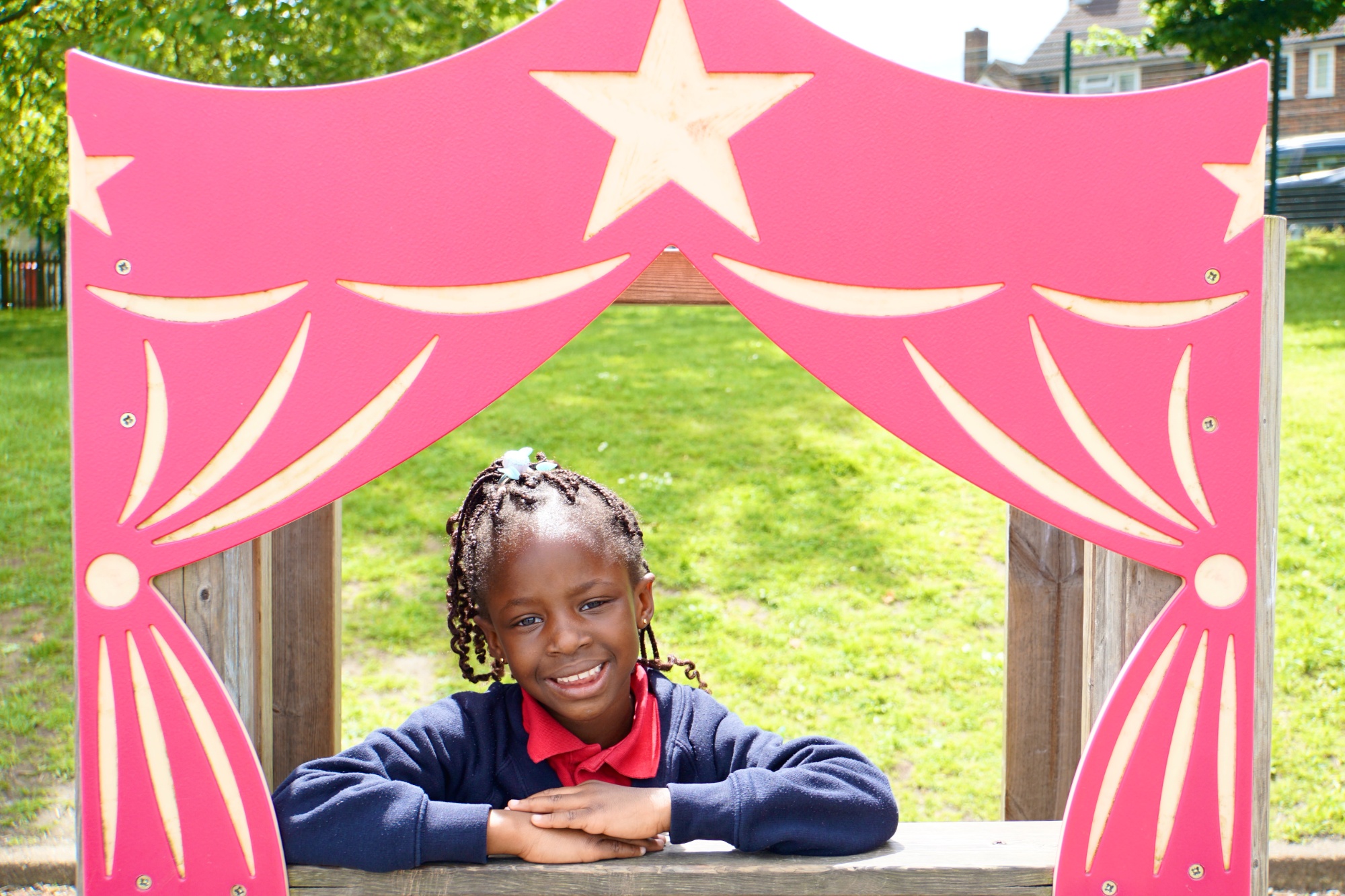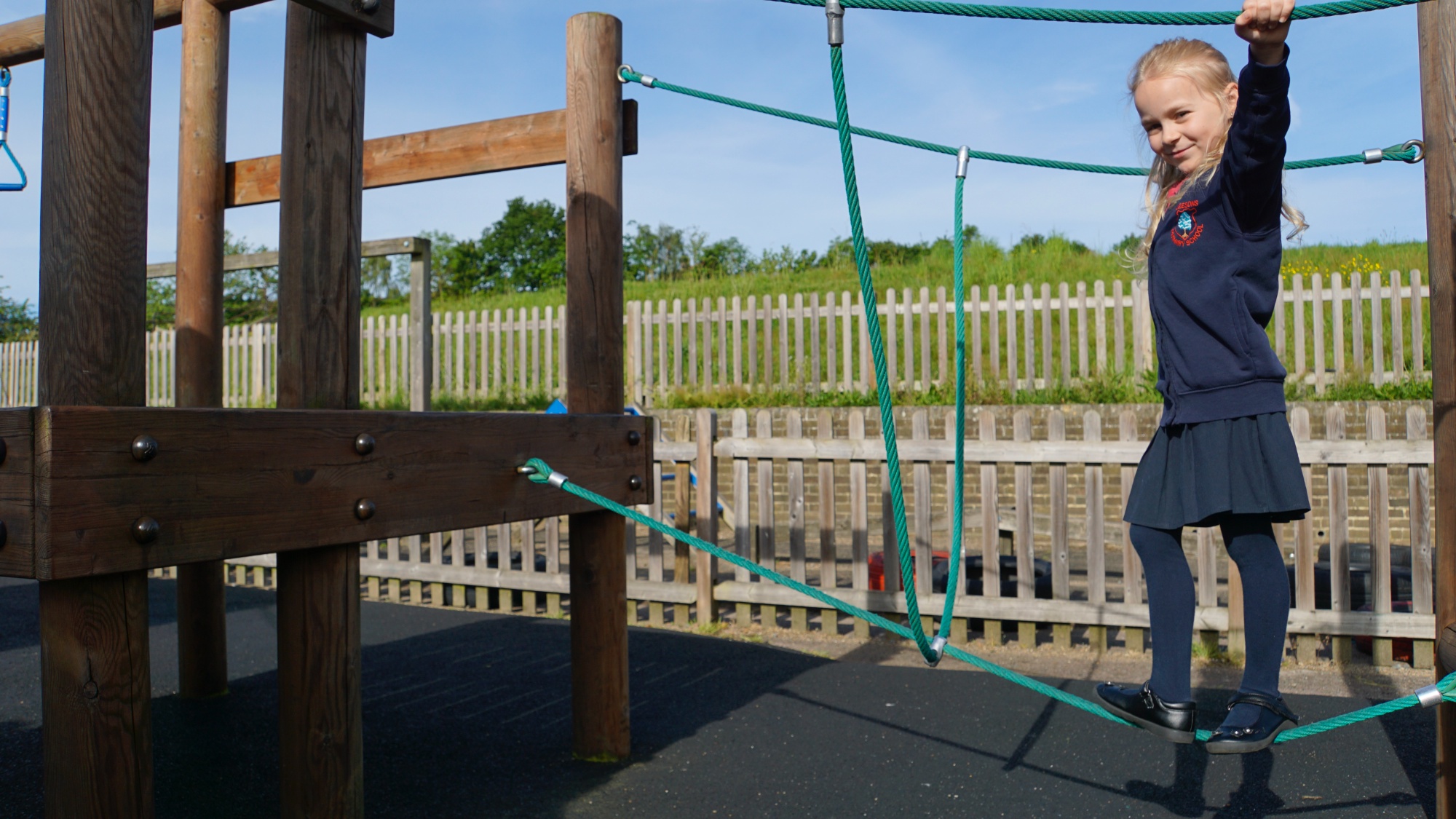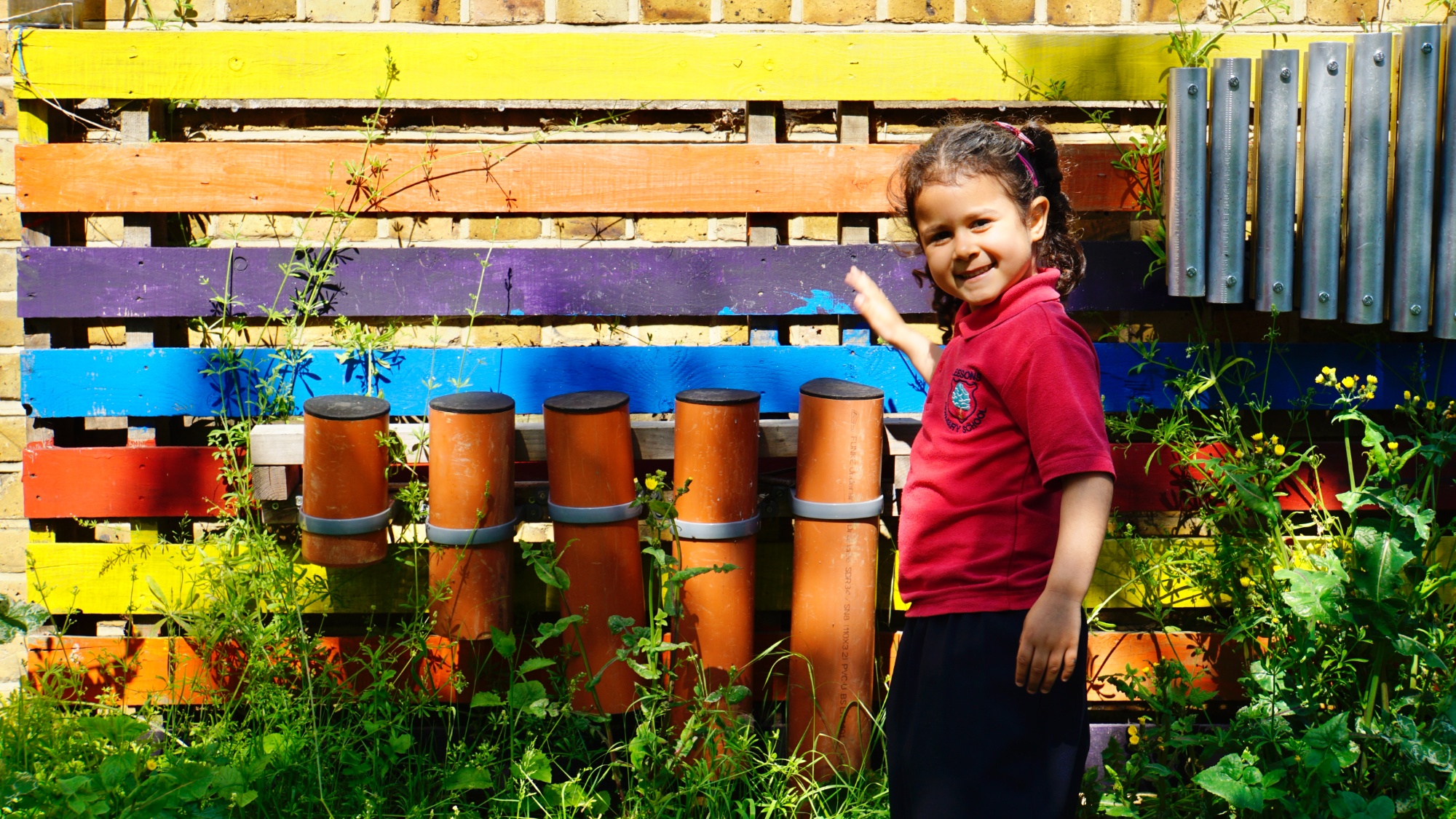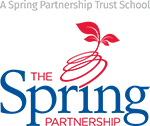Languages - Spanish
Introduction
Learning languages in KS2 broadens pupils’ cultural understanding and confidence, improves literacy and prepares them for the world of work. It can help pupils with English as an Additional Language (EAL) to shine and pupils who may be doing less well in other subjects, often thrive in languages. Pupils will be taught skills that they will be able to access in the future, to learn new languages or to improve their competence in an existing language.
At Leesons it is our aim to foster a ‘high quality languages education’ (National Curriculum 2014).The teaching of a language will enable pupils to learn the culture of other countries where the language is spoken and provide the foundation for learning further languages.
Aims
The National Curriculum for languages aims to ensure that all pupils:
- Understand and respond to spoken and written language from authentic sources
- Speak with increasing confidence, continually improving the accuracy of their pronunciation and intonation
- Write using an expanding range of grammatical structures
At Leesons our main aim is to focus on enabling pupils to make substantial progress in one language. The teaching of language will provide a balance of spoken and written language together with aural and visual comprehension. It will develop their knowledge of phonology, grammatical structures and vocabulary and compare these with their mother tongue.
The focus of study in modern Languages will always be on practical communication. Pupils will be taught to:
- Listen attentively to spoken language and show understanding by joining and responding
- Explore the patterns and sounds of language through songs and rhymes
- Engage in simple conversations; ask and answer questions; express opinions
- Speak in sentences, using familiar vocabulary and phrases
- Develop accurate pronunciation and intonation
- Read carefully and show understanding of words and phrases
- Appreciate stories, rhymes, poems and songs in the language
- Broaden their vocabulary and develop their ability to understand new words, including using a dictionary
- Describe people, places, things and actions orally
- Understand basic grammar appropriate to the language being studied
Inclusion
All pupils, regardless of race or gender, shall have the opportunity to develop language capability. The school promotes equal opportunities and fairness of distribution of language resources.
Assessment, Record Keeping, Reporting
Most assessment is formative and is used to support teaching and learning and inform future planning. As the French teacher works through the scheme of work they record their observations where appropriate and assess the children’s progress in the target language based on their achievement of the learning objectives in lessons. These informal assessments will be used to identify gifted linguists and those requiring extra support.
This information is shared with the next class teacher.
